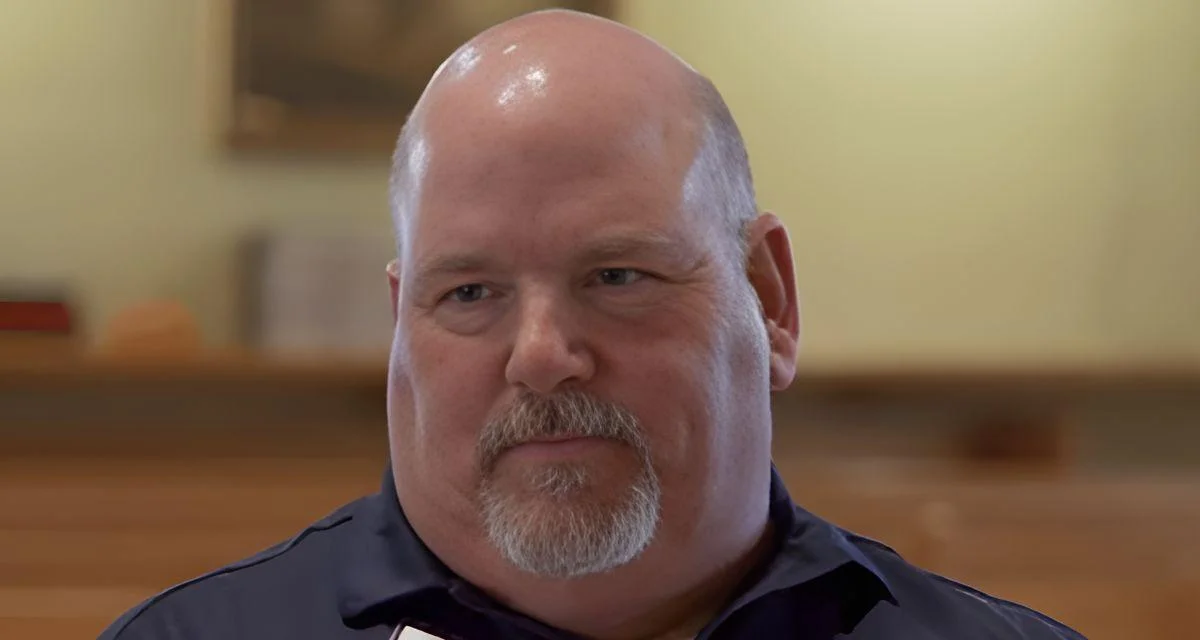Across generations, the church has navigated a landscape marked by hopes, challenges, and obstacles. People of faith have historically responded to social and political crises with varied views and interpretations of scripture influenced by personal experiences. The journey of faith involves commitment to loving God and neighbor as Jesus commanded, without easy answers.
Researchers have identified 45,000 Christian denominations globally, with Christians comprising 31 percent of the world's population. In the United States, Christians represent 62 percent of the population across over 200 denominations. The ecumenical community often reminds that "unity does not mean uniformity," especially as differences within the church challenge commitments to unity. Diversity is evident at every level of the church's manifestation, both locally and globally.
The church is diverse rather than monolithic. Achieving Jesus' prayer "that they may all be one" requires transcending this diversity. While diversity is a strength, it can also be a weakness when it leads to division or isolation among those seeking sameness in beliefs and values.
Justice is an area where opinions diverge within the church. Pursuing justice necessitates courageous leadership in churches and communities characterized by diversity. Such leadership must bridge political chasms and theological divides while building community from diverse perspectives.
Courage is essential for overcoming divides that suggest exclusion or rejection of others. It calls for prophetic action against hate and fear-based messages co-opting the gospel. Courage will guide leaders to advocate for justice and confront contemporary manifestations of tyranny.
Historical figures exercised courage to break down barriers and open doors. Today, amidst growing divisions among people of faith, there is a need for courageous leaders who embody love and unity as prophets bringing vision for progress.
 Alerts Sign-up
Alerts Sign-up





